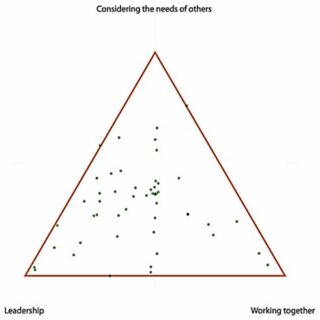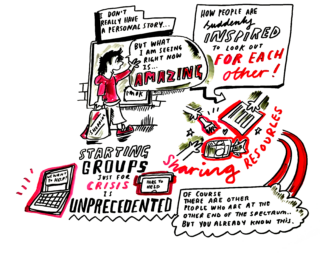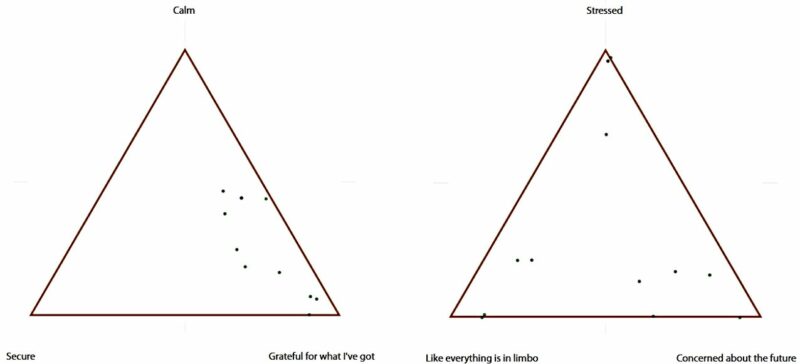Many Q members have found their work radically changed by the Coronavirus (COVID-19) pandemic. As part of our work to support health and care services to learn from the rapid learning and improvement taking place during this time of unprecedented change, we are sharing brief interviews with members reflecting on their experiences.
If you’d like to share your story, please get in touch.

What positive change or adaption would you most like to keep after Covid, in the ‘new normal’?
Speed at getting IT arrangements changed has been notable – moving from just Teams to having Zoom available and licensed for use as a workshop platform. I have previously spent long hours working through approval systems for similar things.
Certainly, the overnight acceptance that working form home is good, that people are conscientious and hard working wherever they are. Whilst policies were previously in place, culturally there were huge swathes of our organisation where this was not the done thing. I love that the planet is recovering, and that I am spending much less on fuel/petrol across the family.

It allowed us to sweep past the more routine elements of work (temporarily) in service of capturing real life stories and experiences of how this pandemic has felt on the ground, both in terms of communities and staff. We used a narrative capture and trend-spotting tool called Sensemaker.
These stories are proving useful not only in responding to – but also in shaping – what will be left to develop into the future.
What have you learned about delivering change at pace?
The team on the ground, their commitment, passion, knowledge and relationships were the most important thing in this picture. Through the stories we collected we also found that, as the green shoots of communities finding their own solutions was firing up, that government directives squashed these efforts, along with the confidence of communities to make their community how they want it to be, using their distinct strengths and idiosyncrasies. We also notice that people talked about communication and working together as more important than leadership, which begs the question on how we see leadership in local authorities, and what people really respond best to. Layered into this was the finding that those in highly organised hubs felt too rigidly restricted, whilst being perceived as “good” because of being highly organised by those in senior leadership positions. I am keen for these questions to be discussed in as many local authority settings as possible to examine how we can evolve in future.

How has your Improvement approach proved valuable?
I think that listening is the one most important things in complex communities, especially when thrust into something like COVID-19. This has, through a brief window of attention, allowed this way of understanding, responding and valuing experience to be used and promoted to a much broader audience than might have otherwise been possible.
Also the notion of making the results of this kind of work accessible (a series of illustrations both electronically and through people’s doors) and fed back out to the people giving their experiences, as well as the broader community, can give a sense of recognising themselves in what is fed back, and where not, encouraging people to add more complexity to the pot with their own take on things.

What has particularly inspired you?
Our Community Engagement Assistant has shown me the greatness of our people on the ground, she has touched my heart with how she has dealt with her own fears in service of the community she loves.
Is there anything you can share that you’d like to collaborate with other improvers on?
I am interested in how we can use this opening/loosening through COVID-19 to galvanise real fundamental change, e.g. how our economy is organised, how our education system is organised. I would also like to explore how separation is amplifying both connection and fragmentation, and how these are supported within the current system.
I have been asked internally to think about how to stop people being afraid; fear is so destructive. I would like to explore this as well with change-makers who have the appetite…?
Does this sound like something you could collaborate on? Get in touch with Esther.
Comments
Thomas John Rose 19 Jul 2020
Very thought provoking and I'm thinking. Tom
Esther Hall 20 Jul 2020
Hi Tom,
Great you read it, and recognised me! Hope things are all good your end...at sunny Birmingham Uni. Our workhere will now be part of the research portfolio of the newly forming Birmingham Leadership Institute! Our paths may yet cross...
Take care Tom